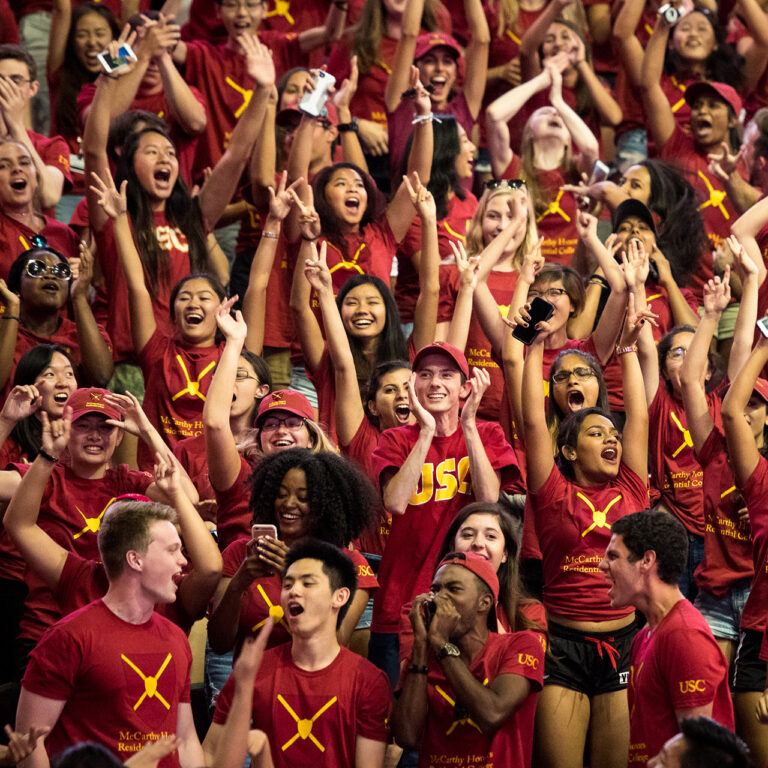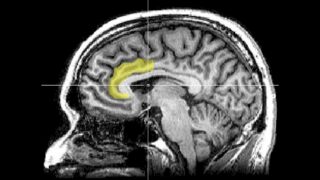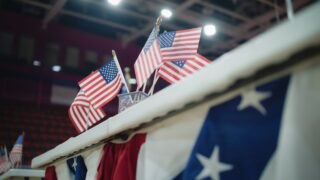Hillside on fire with bright orange flames and black smoke making heart shape during California Woolsey Fire (Photo/iStock)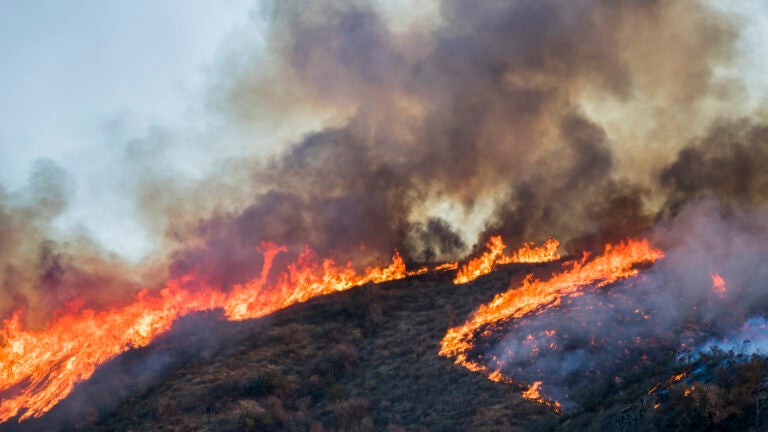
Source Alert
Brutal heatwave sparks wildfires across California
Multiple wildfires fueled by wind, drought and unrelenting heat continue to scorch California. The Lake Fire, the second largest wildfire in the state so far this year, has already burned over 26,000 acres in Santa Barbara County.
USC researchers are actively developing solutions to combat wildfires. These experts are available to discuss the ongoing blazes and the promising research underway that could help mitigate future threats, including predicting the next wildfires and how to best contain them.
Contact: Nina Raffio, raffio@usc.edu or (213) 442-8464; USC Media Relations, uscnews@usc.edu or (213) 740-2215
Forecasting wildfires with generative AI and satellite data
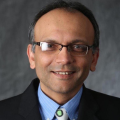 An expert in machine learning, Assad Oberai tackles real-world challenges by merging data analysis with the laws of physics. He is currently part of a research team exploring AI-powered methods for improving wildfire forecasting.
An expert in machine learning, Assad Oberai tackles real-world challenges by merging data analysis with the laws of physics. He is currently part of a research team exploring AI-powered methods for improving wildfire forecasting.
Their latest research uses generative AI and satellite data to track how fires evolve over time and predict their potential spread patterns with greater accuracy. This could revolutionize wildfire management by allowing firefighters and policymakers to anticipate a fire’s behavior and allocate resources more effectively.
Oberai is the Hughes Professor and Professor of Aerospace and Mechanical Engineering at the USC Viterbi School of Engineering.
Contact: aoberai@usc.edu
AI-powered wildfire mapping
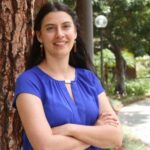
Bistra Dilkina is part of a research team using AI to build precise fire models that predict how a fire might behave under different conditions. By analyzing real-time data on wind, terrain, and vegetation, these models empower firefighters to make informed decisions on the ground.
An expert in computational sustainability, Dilkina specializes in AI applications that tackle critical environmental challenges. Her research spans wildlife conservation, analyzing climate change impacts on energy, water, habitat, and human migration, and optimizing disaster resilience for essential infrastructure.
Dilkina is an associate professor of computer science at USC Viterbi and co-director of the USC Center of AI in Society (CAIS).
Contact: dilkina@usc.edu
Lessons from history: Reshaping modern strategies for Western wildfires
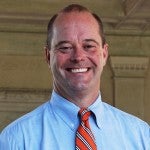 Bill Deverell is an expert in the environmental history of the American West and the founding director of the Huntington-USC Institute on California and the West. Deverell oversees the institute’s West on Fire Initiative, which aims to contextualize western wildfires historically, integrate diverse fire knowledge and increase public awareness of the region’s relationship with fire. The initiative brings together a diverse group of fire experts, including ecologists, Indigenous fire practitioners, US Forest Service personnel, earth scientists, economists, political scientists, journalists, archivists and curators.
Bill Deverell is an expert in the environmental history of the American West and the founding director of the Huntington-USC Institute on California and the West. Deverell oversees the institute’s West on Fire Initiative, which aims to contextualize western wildfires historically, integrate diverse fire knowledge and increase public awareness of the region’s relationship with fire. The initiative brings together a diverse group of fire experts, including ecologists, Indigenous fire practitioners, US Forest Service personnel, earth scientists, economists, political scientists, journalists, archivists and curators.
Deverell is the divisional dean for the social sciences and a professor of history, spatial sciences and environmental studies at USC Dornsife College of Letters, Arts and Sciences.
Contact: deverell@usc.edu
###
(Photo/iStock)
